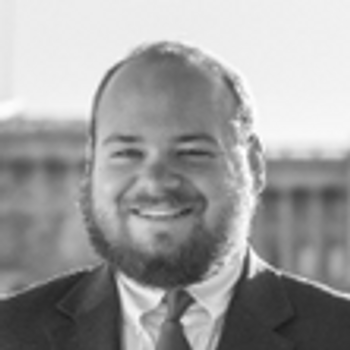Law prof: faculty should act as 'gatekeepers' against social justice
A law professor argued during a Constitution Day debate at Brown University on Friday that there should be no freedom of expression in academia, and that university faculty should act as “gatekeepers” against a social justice agenda.
Dr. Stanley Fish, a visiting law professor at Yeshiva University’s Benjamin N. Cardozo School of Law, offered his opinions during a Constitution Day debate with Greg Lukianoff, president of the Foundation for Individual Rights in Education (FIRE), The Brown Daily Herald reports.
Lukianoff led off the debate by pointing out that “true threats, obscenity, and defamation” are the only legitimate limits on free speech that have been identified by the courts, and embraced the label of “radical” for opposing any other restrictions.
“You can’t ban something simply because it’s offensive … (because) offensive is too subjective,” he argued.
[RELATED: Documentary blames Brown for hostility to speech on campus]
Fish took the podium next, and, despite beginning his remarks by asserting that he and Lukianoff “more or less agree” on the importance of free speech, went on to dispute Brown President Christina Paxson’s recent assertion that “Freedom of expression is an essential component of academic freedom.”
“This is false,” Fish declared, arguing that the true responsibility of academics is to serve as “gatekeepers” with the power to decide which views can be expressed on campus.
“The university is less democratic than it is Darwinian,” he elaborated, adding that in their role as “apprentices,” students “have no right to participate in the shaping of the own scene of their instruction.”
[RELATED: Brown student protesters complain homework is interfering with their activism]
When one student pressed him on that position during the question-and-answer period, Fish explained that “the relationship is between someone who knows the subject and students who want to know the subject.”
The student persisted, noting that the free speech debate generally concerns social issues rather than academic ones, to which Fish retorted that “Social justice can be studied…but the moment you take social justice seriously…you’ve lost the university entirely.”
Fish has been a harsh critic of free speech on universities for some time, and even authored an essay in 1994 titled There's No Such Thing As Free Speech, and it's a Good Thing, Too, in which he argues that “free speech” is merely the label that we assign to “the substantive agendas we wish to advance.”
UPDATE: Fish elaborated on his views in an interview with Campus Reform, explaining that he was referring to the academic structure as the arbiter of which ideas are published, which he believes is necessary because not all ideas are necessarily worthy of publication.
Every individual has the freedom of inquiry, Fish maintained, but not necessarily the freedom to have their voice amplified by the university.
No university should have a political agenda, he clarified, but all institutions of higher learning should focus on finding the truth, rather than merely ensuring that all views are expressed. He also stressed that his views do not apply in the context of student organizations, which he considers extra-curricular, saying that universities should not exercise control over which groups are allowed to exist on campus.
Follow the author of this article on Twitter: @TylerArnold18

